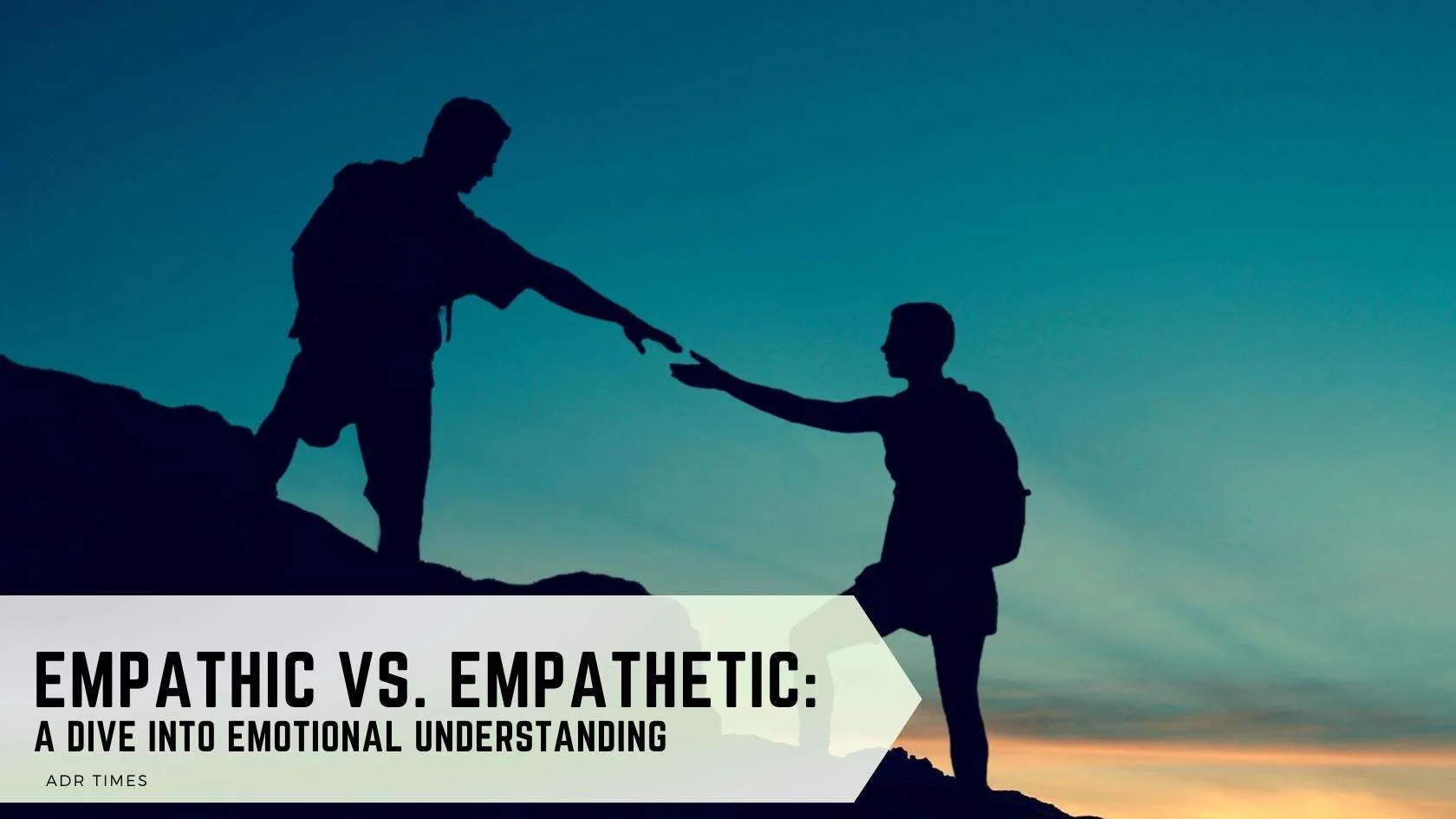Negative Reinforcement for Positive Behavior
Negative reinforcement is a behavioral modification technique that removes a negative stimulus to encourage good behavior. Most of us likely remember the childhood moments when parents would tell us that if we cleaned our rooms, they would stop nagging at us and ask us to do so. This often caused us to clean our room …










